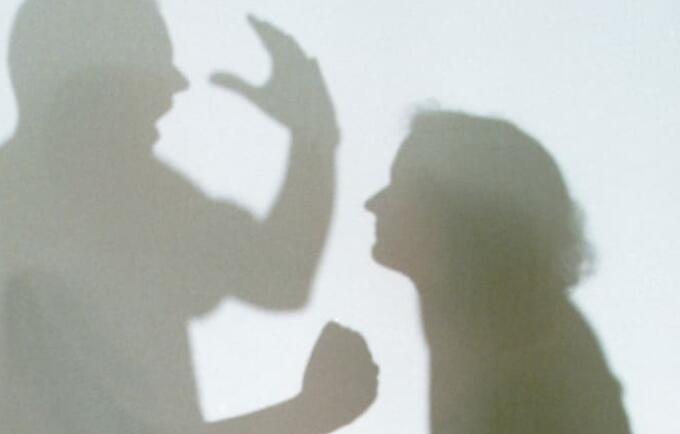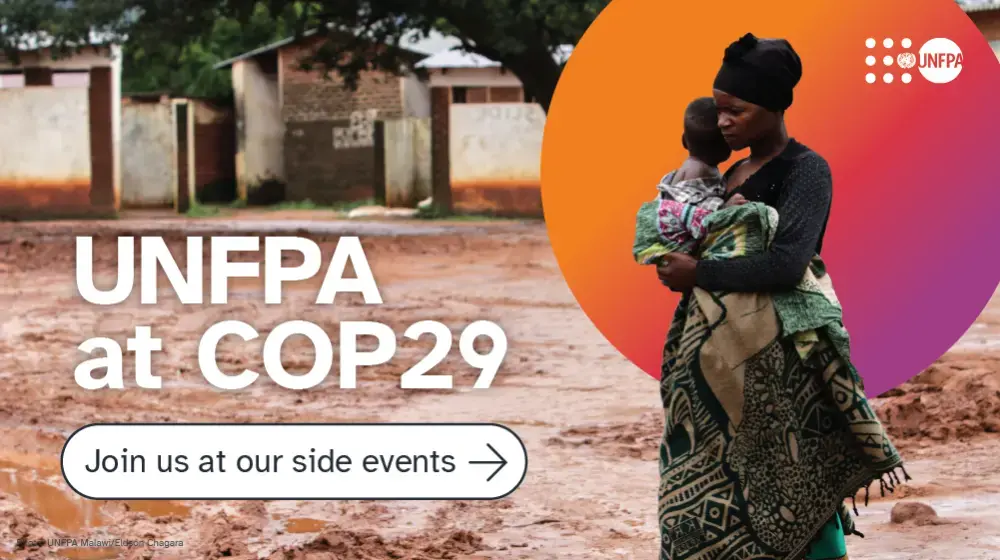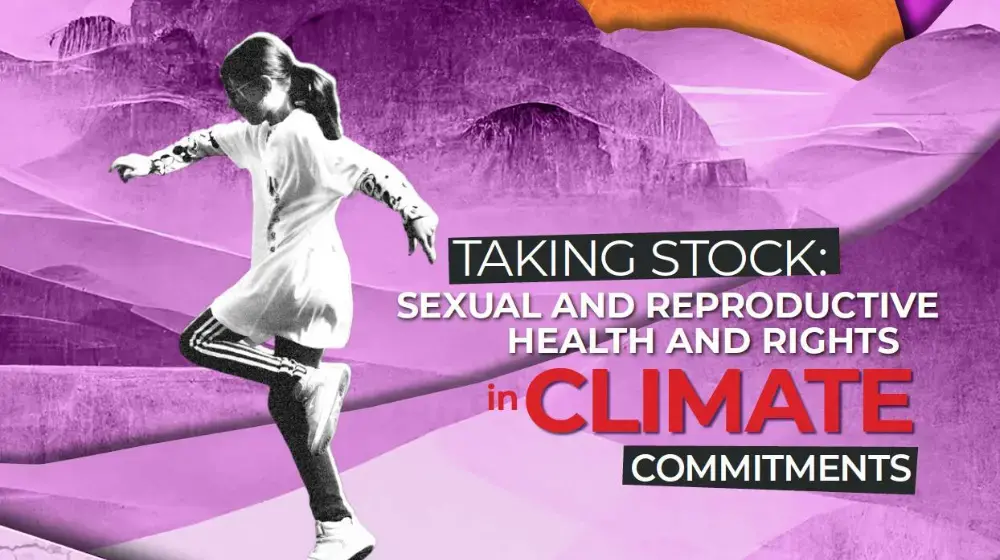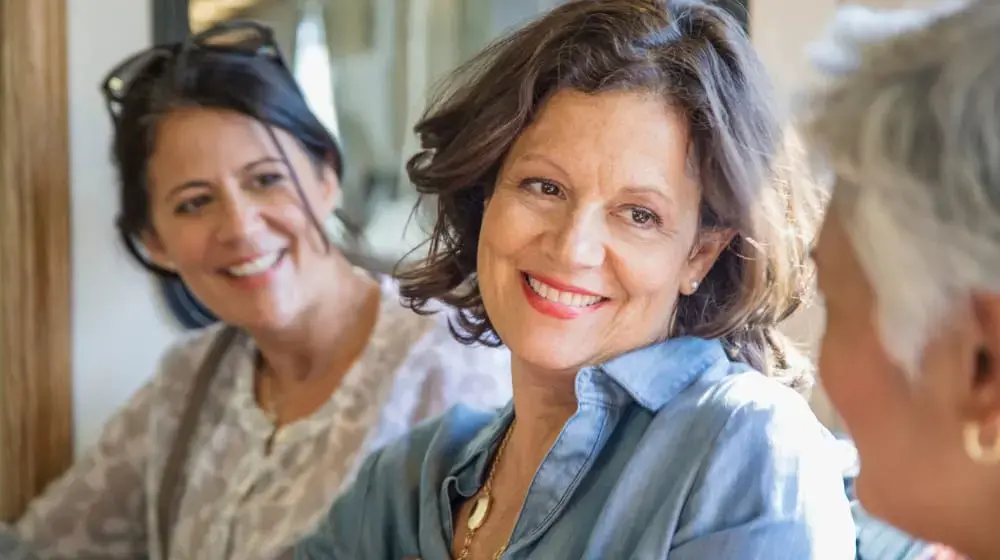TURKESTAN, Kazakhstan — “I’m sure any woman or girl who has survived violence remembers all her life the day when it happened for the first time,” says Indira,* a three-time survivor of sexual violence who lives in the southern Kazakh city of Turkestan.
“I made several suicide attempts. And then I thought – there are people who are ill, bed-ridden and they still find the strength to go on and live,” Indira says. “My faith in God and my mother’s support helped me get back on my feet.”
According to a nationwide survey carried out in 2016, 17 per cent of women in Kazakhstan have experienced violence by an intimate partner. Rapes made up 98 per cent of all crimes committed against women in the country in 2017. And since quarantine measures were introduced in Kazakhstan in late March to try and halt the spread of the coronavirus pandemic, reported incidents of violence against women have only increased.
Women like Indira, who has a visual disability, are at particularly high risk. As of the end of 2019, there were 674,200 people with disabilities registered in Kazakhstan. It is estimated that half of them, regardless of gender or age, face various types of violence at home. Globally, women and girls with disabilities are more likely to experience gender-based violence. They are also less likely to receive the support and protection services they need.
“People with intellectual or sensory challenges, such as visual or hearing impairments, cannot always report violence committed against them, or receive the critical help, consultation and other services that can allow them to live a life of dignity and respect,” says Gaziza Moldakulova, National Officer on Population, Development and Gender for UNFPA Kazakhstan.
Moldakulova says a lack of information available in formats such as Braille or sign language creates an obstacle for people with disabilities to fully understand their rights, and to learn about the services available to them. Physical barriers such as the lack of accessible transportation or infrastructure for people with limited mobility and those using mobility aids also play a role.
“In addition, social workers, medical staff and employees at crisis centres often don’t have the required training to provide services to people with disabilities,” adds Moldakulova.
Gender-based violence and the COVID-19 outbreak
Creating an effective multisectoral response to gender-based violence that takes the needs of women and girls with disabilities into consideration is especially important amid the COVID-19 outbreak. Crisis situations such as pandemics are known to exacerbate existing gender inequalities, and domestic tensions are on the rise with many families staying at home for an extended period, leading to increased reports of violence against women and girls in numerous countries.
UNFPA has been working with the Government of Kazakhstan to develop a set of standard operating procedures on the provision of services to survivors of gender-based violence. It also supports a project to strengthen coordination among health-care workers, social-service providers and the police to better prevent and respond to gender-based violence.
“The standard operating procedures should become a ‘desk book’ for physicians, police officers and social workers so they can work together and identify cases of violence in a timely manner in order to help those who are experiencing violence,” adds Moldakulova. “We are now working to include the needs of people with disabilities into these existing procedures, and to update referral systems for survivors of gender-based violence so that these systems reflect their needs.”
People with disabilities also need accessible information about ways they can protect themselves from coronavirus. To that end, a series of video and audio materials on COVID-19 that incorporate sign language has been developed by UNFPA in partnership with the National Commission on Women, Family and Demographic Policy under the President of the Republic of Kazakhstan and with the NGO Shyrak, an association of women with disabilities in Kazakhstan.
A lack of accessible information also has other impacts on the sexual and reproductive health and rights of women and girls with disabilities, according to Lyazzat Kaltayeva, the chairperson of Shyrak.
Women with disabilities cannot fully realize their reproductive rights
“People with disabilities know very little about how they can protect themselves from an unintended pregnancy. This leads to a high number of abortions – eight times higher than among other women – with the highest rate among women with hearing disabilities,” says Kaltayeva. “The data also shows that women with disabilities in Kazakhstan cannot fully realize their right to make independent decisions about whether or not to become mothers.”
As of 2018, there were approximately 293,500 women in Kazakhstan registered as having one or more disabilities. According to Kaltayeva, only about 0.5 per cent of them have children. “Unfortunately, such a low rate is very rarely associated with the health of a woman,” she says.
This situation is one that Indira knows all too well. Despite the violence she endured, she was able to begin working as a massage therapist and start to earn a more stable income, and eventually met a man with whom she fell in love and became pregnant.
“I could have had a daughter now, but when I was five months pregnant I was tricked by my family into going to the hospital, where my pregnancy was terminated and my fallopian tubes were tied. I didn’t give my consent to that! The doctors didn’t even inform me that they would do this to me,” Indira says. “I still have a dream of having a baby. I hope that in vitro fertilization could help me.”
The coronavirus pandemic has created new challenges for Indira, as it has for so many others. “Due to the quarantine, I naturally don’t have any customers for a massage and because I’m sitting at home, not working, there’s no money,” she says. “Relationships with my family members have gotten worse. Every day my father asks me for money for his own needs. My mother and I fight over this. I asked my dad to save up some money instead but he started humiliating me, and our arguments have even gotten physical.”
With all she has experienced, Indira feels strongly about women’s rights. “Everyone, especially women, should know that they have a right to live without the fear that someone might beat, humiliate or sexually assault them,” she says.
* Name changed for protection and privacy
A version of this story was originally published on the UNFPA Kazakhstan web site.





